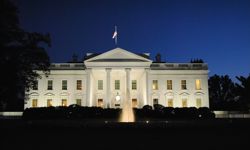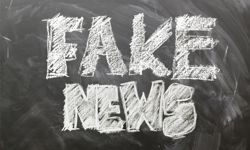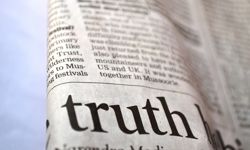As reported by the International Federation of Journalists: According to several non-Mainland media reports, the China Quarterly, a Cambridge University Press (CUP) publication, revealed that it had been subjected to continuous pressure from the Chinese authorities. According to the Hong Kong-based Apple Daily, Tim Pringle, editor of the publication said that more than 300 articles were deleted from the official website on the Mainland after they received a notice from the Chinese authorities. In addition, similar pressure was also applied to one thousand E-books. The report did not reveal any reasons given for the clampdown, but the deleted articles deal with the Tiananmen Square Massacre, Cultural Revolution, Tibet, Xinjiang, Hong Kong and Taiwan.
While several scholars have criticised CUP for buckling under pressure, spokespersons for the CUP said that they had complied with the order because they wanted academia in Mainland China to have access to the rest of the content of the CUP. The publication is clearly worried about the escalation of censorship imposed by the Chinese and is planning to discuss the issue with the Chinese authorities in the coming week during a book fair scheduled to be held in Beijing. China became a member of the International Publishers’ Association (IPA) in 2016.
The IFJ said: “One of the objectives of the Association is promoting freedom of publication, and China is clearly violating these objectives. Sadly, there is no hint that China will restrain itself from using various pretexts to impose censorship. Monopoly over a sole interpretation of so-called sensitive issue is unfortunately still the prime goal of the Chinese authorities.”
Noting that the move to censor CUP publications was one more disturbing event in the unrelenting clampdown on diverse and dissenting voices in the Xi Jinping era, the IFJ urged publishers to stand in solidarity with the Cambridge University press and called upon IPA President Michiel Kolman, and the board of Executive Committee to support its members and demand an end to censorship.










